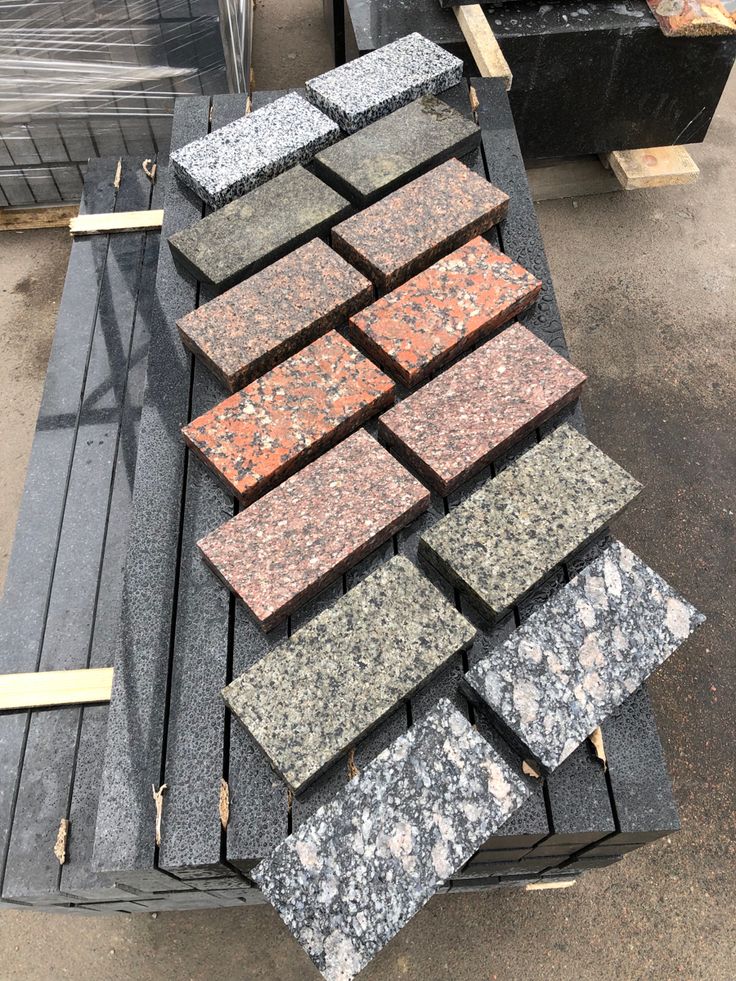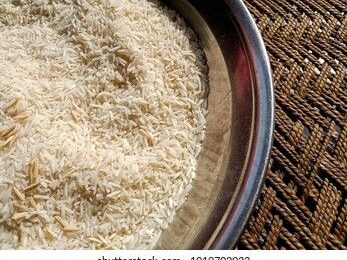In today’s interconnected global economy, international trade has become an essential component of economic growth and development. For businesses like MVTT Global, understanding the nuances of international trade is crucial to success. This blog post will delve into the specific challenges and opportunities associated with the international trade of granite and rice, two commodities with distinct characteristics and market dynamics.
International trade of Granite: A Durable and Versatile Commodity
Granite, a natural stone renowned for its durability, beauty, and versatility, has been a popular choice for construction, flooring, and decorative purposes for centuries. The international trade of granite involves a complex network of suppliers, manufacturers, distributors, and importers.
Challenges in the Granite Trade
- Quality Control: Ensuring consistent quality in granite can be challenging due to variations in natural stone. Strict quality control measures are necessary to maintain customer satisfaction.
- Tariffs and Trade Barriers: Import and export duties, quotas, and other trade barriers can significantly impact the cost and competitiveness of granite products.
- Transportation and Logistics: The transportation of heavy granite slabs and blocks requires specialised equipment and careful handling to prevent damage.
- Market Fluctuations: The demand for granite can fluctuate based on economic conditions, construction trends, and consumer preferences.
Opportunities in the Granite Trade
- Growing Construction Industry: The global construction industry is experiencing steady growth, providing ample opportunities for granite suppliers and manufacturers.
- Expanding Architectural Applications: Granite is increasingly used in various architectural applications, such as cladding, countertops, and flooring, driving demand.
- Technological Advancements: Advances in granite processing and finishing technologies are enabling the creation of innovative and high-quality products.
- Emerging Markets: Developing countries with growing economies offer significant potential for granite exports.

Rice: A Staple Food and Global Commodity
Rice, a staple food for billions of people worldwide, is a major agricultural commodity traded internationally. The rice market is characterized by complex supply chains, price volatility, and government interventions.
Challenges in the Rice Trade
- Price Fluctuations: Rice prices can be highly volatile due to factors such as weather conditions, government policies, and global demand.
- Quality Standards: Adherence to strict quality standards, including grain quality, pesticide residues, and foreign matter, is essential for rice exports.
- Government Regulations: Many countries have strict import and export regulations for rice, including quotas, tariffs, and sanitary and phytosanitary (SPS) measures.
- Competition: The global rice market is highly competitive, with several major producing and exporting countries.
- Opportunities in the Rice Trade
- Growing Population: The increasing global population is driving demand for rice as a staple food.
- Rising Incomes: As incomes rise in developing countries, consumers may opt for higher-quality rice varieties.
- Value-Added Products: Processing and packaging rice into value-added products, such as precooked rice or rice flour, can increase export revenues.
- Specialty Rice Varieties: There is growing demand for specialty rice varieties, such as organic, brown, or basmati rice.

Navigating Challenges and Seizing Opportunities for MVTT Global
To successfully navigate the challenges and capitalize on the opportunities in the international trade of granite and rice, MVTT Global should consider the following strategies
- Market Research: Conduct thorough market research to understand demand trends, consumer preferences, and competitive landscapes in target markets.
- Strategic Partnerships: Establish strategic partnerships with suppliers, manufacturers, distributors, and logistics providers to enhance efficiency and reduce costs.
- Risk Management: Implement effective risk management strategies to mitigate the impact of price fluctuations, trade barriers, and other uncertainties.
- Compliance: Ensure compliance with all relevant international regulations, including trade agreements, sanitary and phytosanitary measures, and labour standards.
- Innovation: Invest in research and development to develop innovative products and improve processes.
- Diversification: Diversify product offerings and target markets to reduce reliance on a single commodity or region.
The international trade of granite and rice presents both challenges and opportunities for businesses like MVTT Global. By understanding the unique characteristics and dynamics of these commodities, and by adopting effective strategies, MVTT Global can successfully navigate the complexities of the global marketplace and achieve sustainable growth.
Are you interested in exploring the opportunities in the international trade of granite and rice? Contact MVTT Global today to learn more about our expertise and services. We can help you develop a tailored strategy to meet your business objectives.